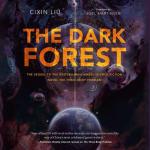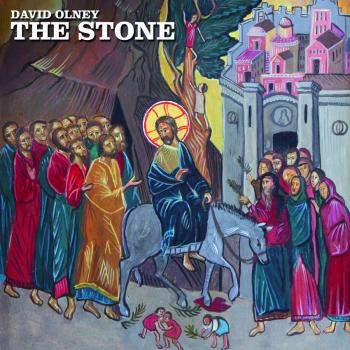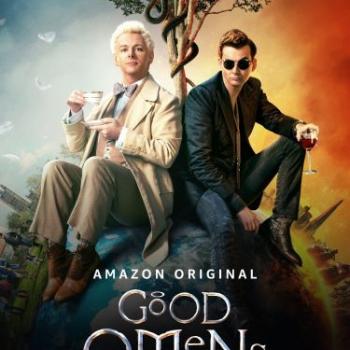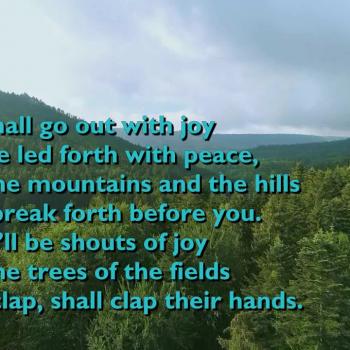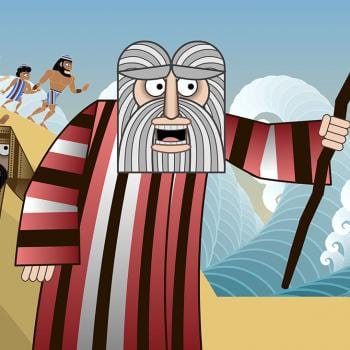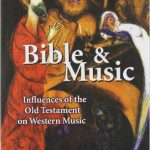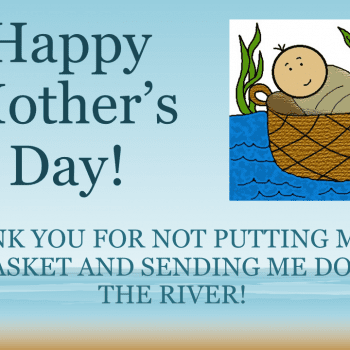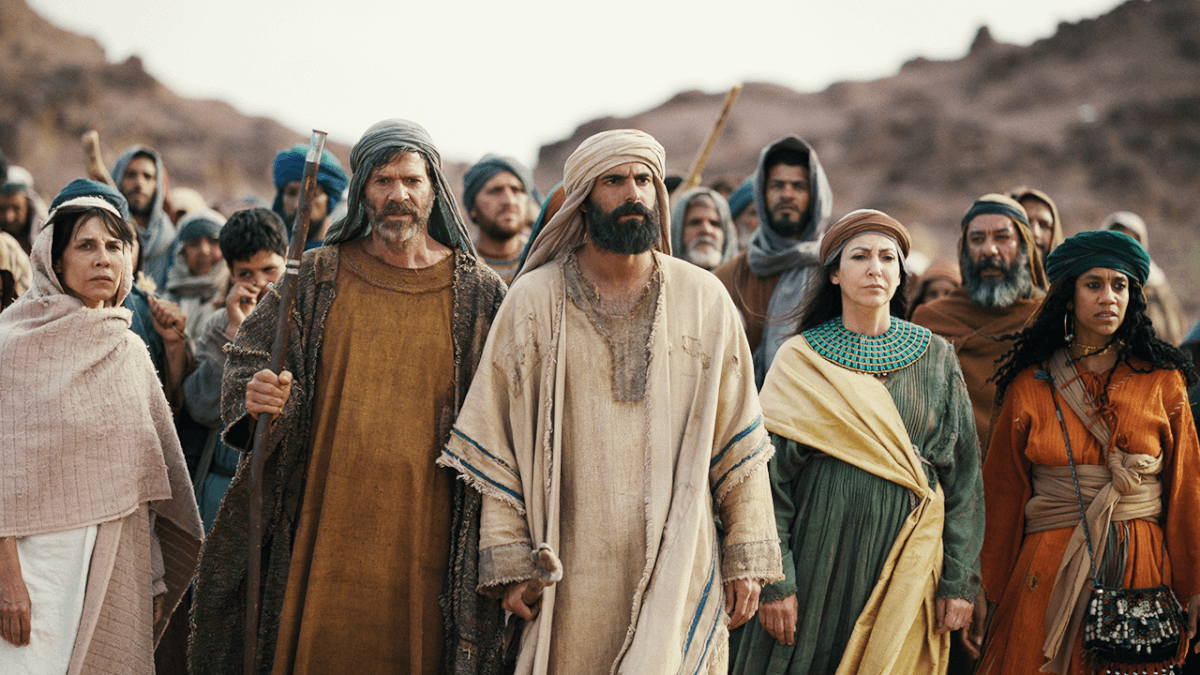
I had the opportunity to preview a new three-part miniseries that is coming soon to Netflix. It is called Testament: The Story of Moses, and as a fan of the Expanse I will share that Dominique Tipper plays Zipporah. She shared a couple of photos on Instagram as well as this comment: “Even if you’re not religious, I think you’ll like it. And if you are, there are different people from different faiths and backgrounds talking about the significance of Moses to their religion or just the significance of Moses in general. Ultimately, it’s a great story, and the performances are beauts. Everyone gave their all. Enjoy!”
The series began with an alert warning viewers not to treat scholarly commentary as consensus. Initially I bristled but later I realized that it was emphasizing that what the scholars they interviewed and featured might at times be offering their own views, or summarizing one ancient author’s view, rather than offering something that reflects a widely held view.
Most of my scholarship focuses on historical matters and so when watching the series it took some effort to force myself out of that mindset. Testament is about the story of Moses. It features Jewish, Christian, and Muslim scholars and clergy, but not to comment on subjects like archaeology and evidence. Instead, they present and reflect on how the story is told in the Bible, and how it is expanded, interpreted, and otherwise explored in the later literature of Jewish midrash and the Qur’an. Along with the commentary, there is an effective dramatization of the main details of the story, filling in elements from tradition at times while in others simply doing what any filmmaker or storyteller needs to do in order to turn the bear bones we get in the Bible into a full-fledged narrative. It was great to see scholars like Carol Meyers and Pete Enns featured. Enns drew attention to the way the story presents a battle between gods, with Yahweh showing himself more powerful in precisely the domains of expertise of Egyptian deities.
For me, it was particularly striking to watch the series’ version of the story of the plague in which water is turned into blood. Thanks to a wonderful activity that Jeffrey Stackert shared at the Midwest SBL, I have often used Exodus 7:14-25 to introduce students to source criticism. The narrative as it stands makes it impossible to answer such seemingly simple questions as whose staff is featured, what is done with the staff, and what water is affected. Is it Moses’ staff, Aaron’s, or perhaps even Yahweh’s? Is the water struck or is the staff held over it? Is it the water of the Nile or all the water in Egypt? If the latter (in that last question) then the digging around the Nile for water and the turning of water to blood by Egyptian magicians would be impossible and make no sense. In order to depict the story on TV, the difficulties need to be ignored and elided. I don’t have a problem with that. The person who combined their sources into the current narrative felt that it was possible to appreciate the resulting story. I point this out not as an attempt to assert the superiority of historical and source criticism, but to emphasize that the exploration of the final form of the narrative is only one of many options for interpreters, and the fact that turning the narrative into on screen reenactment has to ignore certain puzzling details should invite those who enjoy this presentation of the story to dig further and deeper.
I loved seeing characters who are often played down or neglected in Christian exploration of these stories, such as Bithia and Jethro, fleshed out in the way they were. The overall depiction of Moses and Pharaoh, of Miriam and Aaron, and countless other characters was done in a compelling and enjoyable way. If you’re an academic, you’ll inevitably have points you wish were not skipped over or were addressed differently, but I suspect you’ll find that this series offers a great starting point for discussion. If you’re a person interested for whatever reason in getting to know this story better both in its earliest textual form and in the form in which Jews, Christians, and Muslims have retold it, this show provides a convenient and enjoyable entry point into that rich and rewarding world.
Check out the trailer below, and then go watch it when it releases on Netflix on March 27th!



